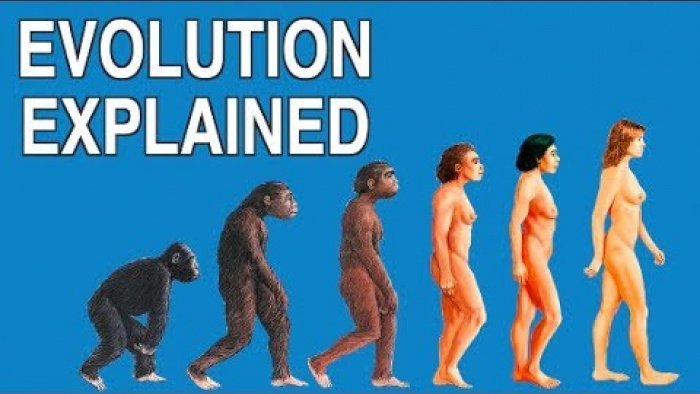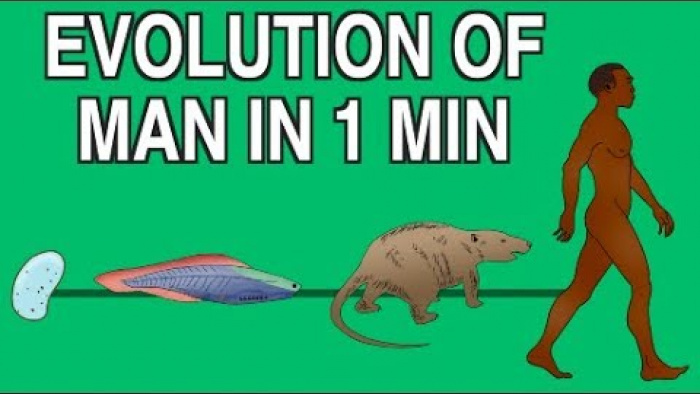Capitalism, socialism and communism explained
Communism, Socialism and Capitalism are all political and economic models.
Capitalism
In capitalist societies, products and services are provided by the individual.
These individuals employ workers and are allowed to keep the profit from the excess production the workers create.
This system incentivises individuals to come up with ways of generating wealth for themselves.
Competition between rival businesses occurs naturally, this leads to more productivity which in turn generates wealth and advancement for the rest of society.
Karl Marx
Karl Marx - a German Philosopher - identified that the capitalist model created a sharp divide between the wealthiest citizens and the poorest.
He felt the system exploited the worker and he promoted the socialist model which he hoped would later develop into communism.
Socialism
In socialist structures, it is the government who own and operate the means for production, i.e land, natural resources, factories etc. The citizens earn a wage but only receive what they need.
The aim of the game is equality between all people and the elimination of social classes.
Marx envisioned that a successful socialist model would morph into communism.
Communism
In communism, it is the working class own everything and what the collective produces as a whole is shared out according to need.
Socialism, Communism and Capitalism in the real world
When socialist models are applied in countries some fundamental issues with the system come to light.
As socialism does not reward the individual to produce more than anyone else there is no incentive to think outside the box and find ways of creating more production and therefore more wealth.
This then leads to low production which then creates mass poverty.
No country has ever developed into a communist country in the strict sense of what communism means.
Countries which have adopted socialism has seen rampant corruption with people in power abusing their positions. Instead of working toward a society where they can give up their power they instead work to consolidate it.
However, there are countries who have seen success combining both capitalist and socialist ideals.
For example, Northern European countries reward the individual for excess production but a heavy system of taxation helps redistribute wealth amongst the collective so even though everyone may not be equal there is a certain standard of living that all citizens will enjoy and social and class differences are not felt so extreme.
And that, in a nutshell, is capitalism, socialism and communism explained.






